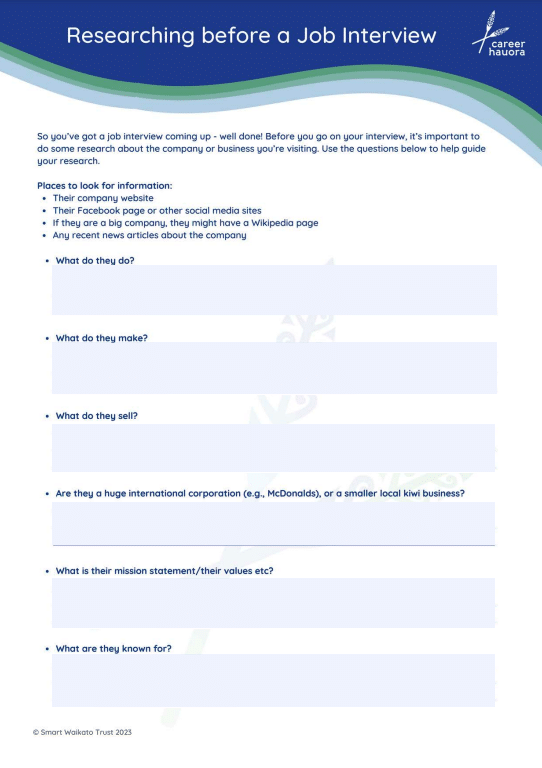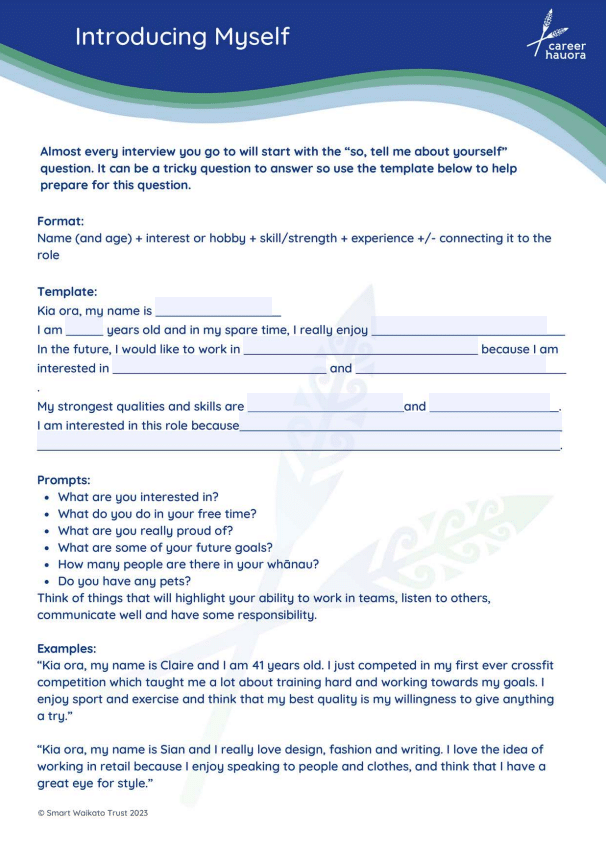In this module, we’re going to look how to nail a job interview! We’ll cover what to expect, what to wear, how to prepare and how to answer questions.
Learning Outcomes
By the end of this module you should…
- understand what a job interview is
- know what is appropriate to wear to a job interview
- know what questions to expect and how to answer them
- feel comfortable and prepared to go to a job interview
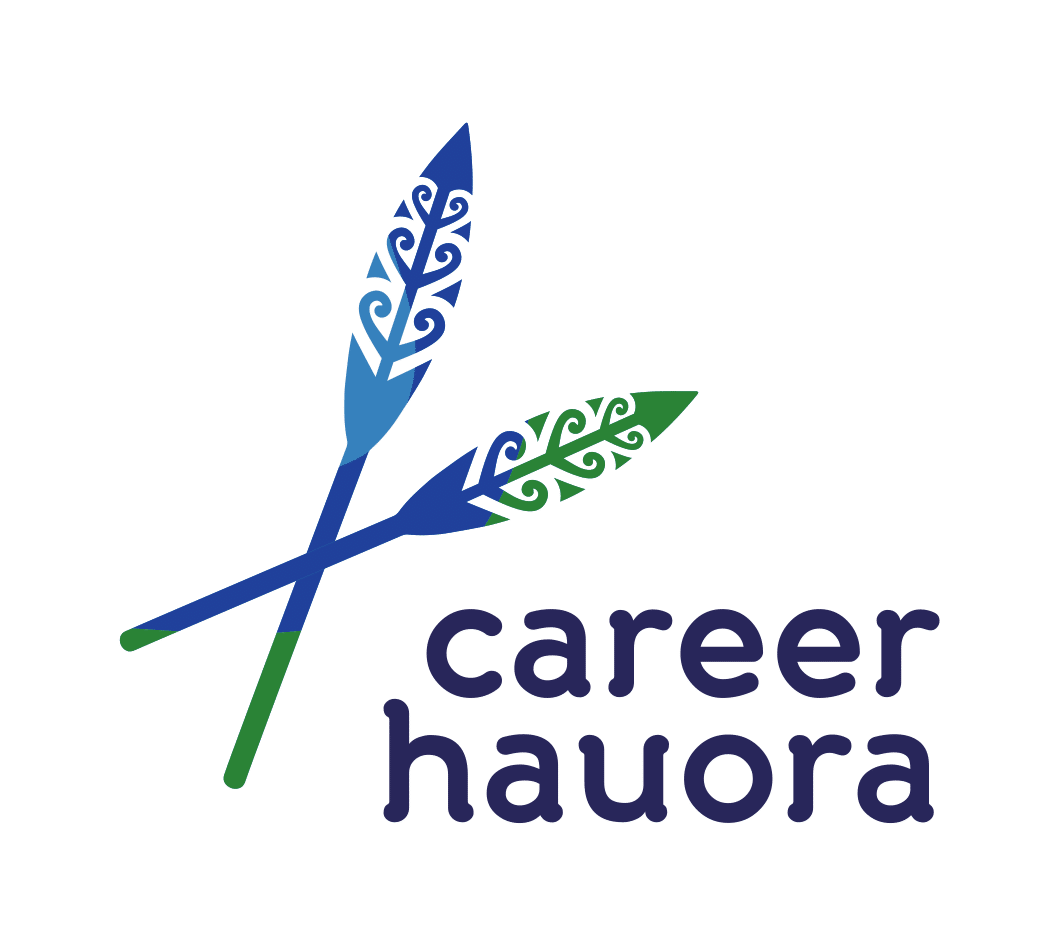
In this module…
This module is a little bit different in that there aren’t set required and optional activities. The more you do, the more prepared you’ll be for your job interviews.
You might have already had job interviews in the past, so you might not need all this information. Or, you might be getting ready for your first ever job interview. Either way, a job interview can be a stressful situation – even adults who seem like they have it all sorted still get nervous for job interviews!
The tools and resources here are to help you get prepared and feel more confident. Even if you’ve been to a lots of interviews before, we recommend having a read through because there might be some things you don’t know that you don’t know!
There’s quite a lot of reading in this session so grab your favourite drink, maybe get a snack handy – and let’s get stuck in! To make things a little more interesting, hit play on the video below to soundtrack your scrolling….
What is a job interview?
A job interview is the process of meeting with a potential future employer so they can learn more about you and see if you might be the right fit for their organisation. It’s also a chance for you to learn more about them, the role and the organisation you might be working for.
During the interview, you’ll talk about yourself, your skills, and why you are a good fit for the job.
Making a positive impression is important to increase your chances of success, but it’s equally vital to be honest and realistic about your experience, skills, and abilities. Remember, everyone starts somewhere, and no one in the interview room is trying to intentionally put obstacles in your way or trick you with their questions.
There are a few different types of interviews. In a traditional or panel interview, there may be one, two or three people meeting with you to ask you questions. They usually happen at the workplace or in an office.
In a group interview, there are other candidates also present. It is important to listen to the questions and respond thoroughly. Be sure to get involved and show your enthusiasm for the job.
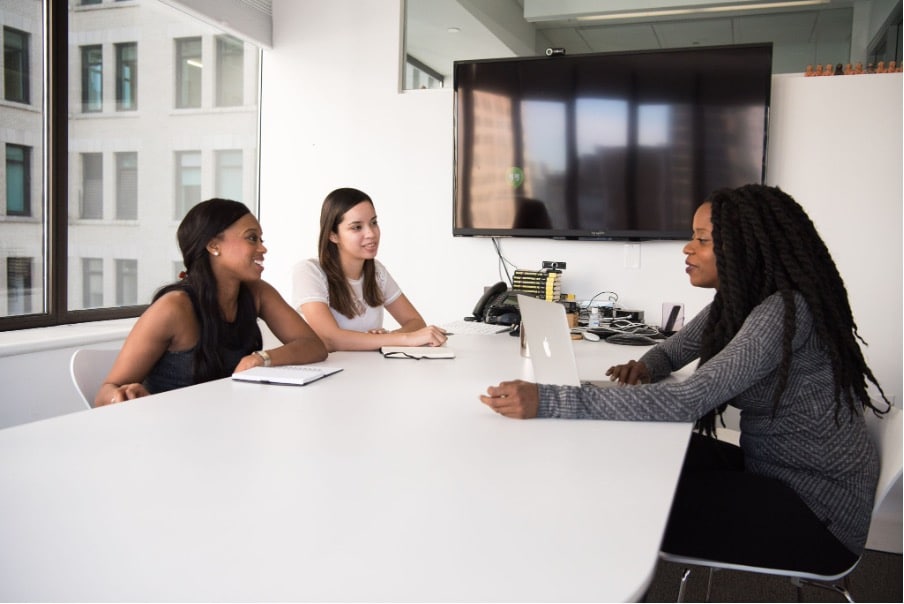
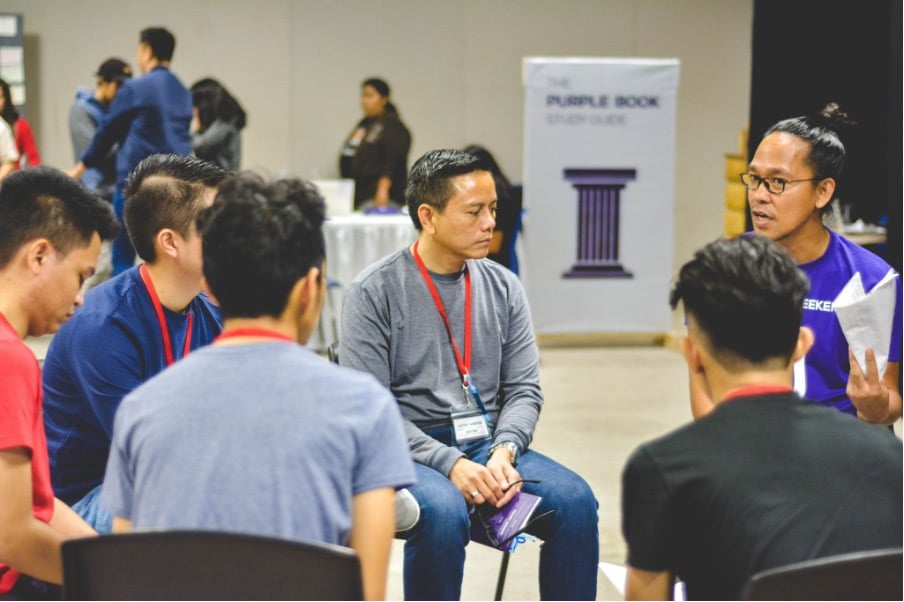
Preparing for a job interview
There are a few things you should do leading up to an interview so you can feel more confident and have the best chance at success.
1. Do your research
2. Check you know Where, Who and How
3. Find a good outfit
4. Practise your elevator pitch and introduction
5. Try answering some practise questions
1. Do your research
Who are you going to be working for? What are they known for? What do they do? What is involved in the job you’re applying for?
It’s important to know about the organisation you’re applying for a job with. You’ll likely be asked a question about why you want to work with them, so you’ll need to have an answer prepared.
1. Click the image of the worksheet on the right. This will open a PDF in a new tab. Look for the download button.
2. Download this PDF and save it into your Career Hauora Drive.
3. Use the prompts in the worksheet to help guide your research.
2. Where? Who? How?
Where are you going?
What is the address? Is it on the first floor or 14th? If possible, do a drive/walk by and suss it out.
Who are you meeting?
Is it the big boss, or a hiring manager? Make sure that you remember their name (if you know it) so that you can impress the panel.
How are you getting there?
Are you driving? If so, where will you park? Are you getting the bus? How long will it take to get there? Do a practice run at around the same time of day as your interview so that you know how long it will likely take with traffic etc. Once you know how long it will take you to get there, add on another 15-20 minutes so that you have plenty of time to get there and prepare mentally.
3. Appearance Matters
Don’t rock up in your pyjamas, without having showered! First impressions count, so make sure that you choose an outfit that is smart looking, comfortable and makes you feel confident. If you are having trouble choosing an outfit, or need some advice, have a chat to your youth worker – we’re here to help!
We all feel better when we are fresh. Make sure that you are wearing deodorant, have showered and brushed your teeth and are looking, feeling and smelling your best. If you smoke or vape, try and not smoke immediately before the interview.
Do…
- Clean and tidy
- Comfortable
- Smart casual
- Makes you feel confident!
- A good check, ask yourself “what would Nan think…?”
Don’t…
- Ripped jeans
- Crop tops
- Hoodies or baggy clothes
- Dirty/stained clothes
- Hats or sunglasses
- Graphic t-shirts
Scroll through some examples of interview outfits:
There is nothing worse than looking awesome in front of the mirror only to get to an interview and realise that you can’t quit sit down! Trust us, we’ve seen it happen. Make sure that you practise sitting down in your chosen outfit so that you are comfortable. If you are looking sharp standing up, but start stressing about a button on your pants popping when you sit down, you won’t be 100% focussed on the interview.
4. “Tell me a bit about yourself…”
Almost every interview with start with the “tell me about yourself” question. This can be a tricky question to answer on the spot so it’s a good idea to have a think about how your response answer before you get to the interview.
An “elevator pitch” is a great tool to have when meeting new people. What’s an elevator pitch? An elevator pitch is a brief (think 30 seconds!) way of introducing yourself, getting across a key point or two, and making a connection with someone. It’s called an elevator pitch because it takes roughly the amount of time you’d spend riding an elevator with someone.
1. Click the image of the worksheet on the right. This will open a PDF in a new tab. Look for the download button.
2. Download this PDF and save it into your Career Hauora Drive.
3. Use the prompts in the worksheet to help write your introduction/elevator pitch.
5. Interview Questions
Have a read below for tips on how to answer some of the most common interview questions.
"Tell us about yourself"
Share a bit about your background, education, and any skills or interests related to the job. Tell them why you’re excited about this role. Use your elevator pitch!
"Why do you want to work here?"
Explain what you like about this company, such as its reputation or values. Connect it to why you think this job would be a good fit for you.
"What interests you about this job?"
Talk about what aspects of the job you find appealing. Maybe it’s a chance to learn new things or help others.
"Can you tell me about a challenging situation you've faced at work or school and how you handled it?"
Share a tough situation you’ve faced and describe how you solved it. Talk about what you learned from the experience. Use the STAR format (below) to shape your answer.
"Tell me about a time you worked with a team."
Describe a teamwork experience, what your role was, and how it went well. Explain how you communicated with your team.
"How do you handle stress or pressure?"
Explain how you manage stress, like by taking short breaks or asking for help. Mention that you stay focused on your work during busy times.
"What is your approach to helping customers or colleagues?"
Talk about your customer-friendly attitude, your ability to listen, and your desire to make people happy. Share an example of when you helped someone before.
"Where do you see yourself in five years?"
Share your career goals and how this job fits into them. Show that you’re eager to learn and grow within the company.
"Do you have any questions for us?"
Ask something about the company, like what it’s like to work there or how they help new employees succeed. Avoid asking about money or benefits at this point.
STAR Method for answering questions
This is a great tool to use when you’re asked questions like “tell me about a time when…” or “have you ever had to…”
It gives you a way of telling your story without muddling things up.
S
Situation
- Explain the background and where it happened.
- Mention who was involved and any important facts.
T
Task
- Describe what you needed to do and why it was important.
- Talk about your role and what you were supposed to achieve.
A
Action
- Explain the steps you took to handle the task.
- Mention the skills you used, like working with others or solving problems.
R
Result
- Share what happened because of what you did.
- Discuss what went well and what you learned from the experience.


